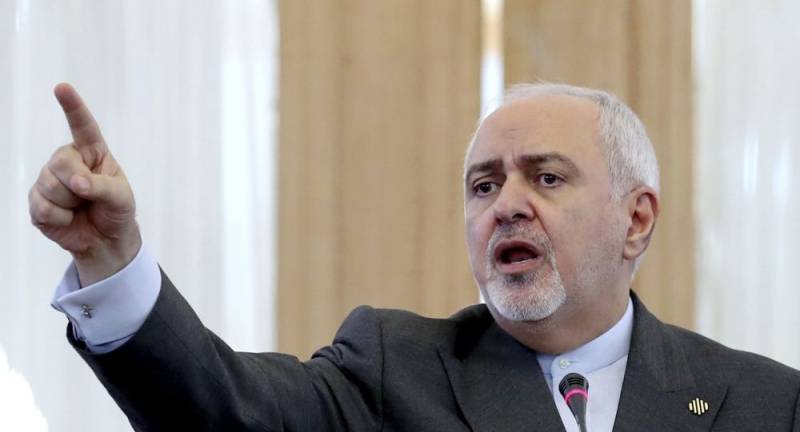According to a Wednesday report by The Washington Post, the Trump administration quietly threatened last week to impose tariffs on key European nations, just before they officially accused Iran of breaching the 2015 Joint Comprehensive Plan of Action (JCPOA).
Commenting on recent revelations by The Washington Post that the Trump administration has threatened to impose 25-percent tariffs on European cars from Germany, France, and Britain if they refuse to condemn Tehran's actions, Iranian Foreign Minister Javad Zarif said that the EU three have sold out the remnants of the JCPOA to avoid being penalised.
Appeasement confirmed.
— Javad Zarif (@JZarif) January 16, 2020
E3 sold out remnants of #JCPOA to avoid new Trump tariffs.
It won't work my friends. You only whet his appetite. Remember your high school bully?
If you want to sell your integrity, go ahead. But DO NOT assume high moral/legal ground.
YOU DON'T HAVE IT. pic.twitter.com/tePZhN2E4X
The foreign minister's comment comes after Trump's reported threat to impose a 25% levy on European cars if the so-called E3 refused to condemn Iran and trigger a trade dispute mechanism within the nuclear deal.
E3 Activate Dispute Resolution Mechanism Amid Iranian Backtrack on Its Commitments
On Tuesday, France, Great Britain, and Germany confirmed that they had launched the Iran nuclear deal dispute mechanism, created in order to deal with possible violations of the Joint Comprehensive Plan of Action (JCPOA), concluded between Iran, China, France, Russia, United Kingdom, United States, and Germany in 2015.
The agreement was to have Iran considerably limit its nuclear programme and eliminate its stockpile of medium- and low-enriched uranium in exchange for the removal of international sanctions.
Several days prior to the announcement of the dispute resolution mechanism being activated, French President Emmanuel Macron, German Chancellor Angela Merkel, and UK Prime Minister Boris Johnson said in a joint statement that they remained committed to the JCPOA and urged Tehran to cancel all measures that do not comply with the Iran nuclear deal.
Iran recently scrapped its remaining limitations under the JCPOA following the assassination of its top military commander Qasem Soleimani in a US drone strike on 3 January. Tehran has been gradually reducing its commitments under the JCPOA since May 2019 following Washington's unilateral pullout of the treaty one year earlier and imposition of energy and banking sanctions on the state.
Despite this, Iranian officials have still been calling on other signatories to the treaty to honour their obligations under the JCPOA and shield Tehran from US sanctions, but to no avail.
Iranian Foreign Minister Mohammad Javad Zarif also recently said that it was up to Europe to decide whether the Iran nuclear deal will still remain in place following the activation of the dispute resolution mechanism.






